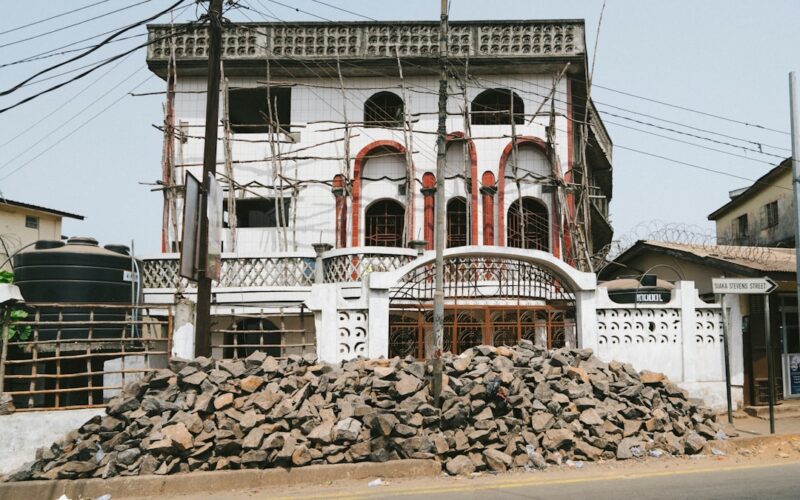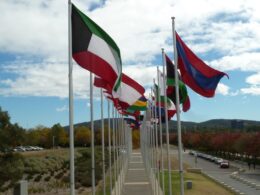A devastating 6.0-magnitude earthquake struck eastern Afghanistan’s Kunar province late Sunday night, August 31, 2025, flattening villages and claiming at least 622 lives, according to Taliban authorities. More than 1,300 people have been injured in the disaster, which hit just before midnight near the city of Jalalabad and close to the border with Pakistan.
The quake’s impact was felt far beyond Afghanistan’s borders. Residents in Kabul and even as far away as Islamabad—over 370 kilometers from the epicenter—reported strong tremors that rattled buildings and sent people rushing into the streets. In Nangarhar province, local reports cited at least nine dead and 25 injured, though officials fear these numbers are likely to climb as rescue teams reach more remote mountain villages.
Strained Rescue Efforts Amid Harsh Terrain
The mountainous terrain of Kunar province has complicated rescue operations. The Taliban government deployed helicopters to airlift survivors and ferry in medical aid, but landslides triggered by the quake have blocked many roads. “It will take time to get the exact information about human losses and damage to the infrastructure,” Sharafat Zaman, spokesperson for Afghanistan’s Public Health Ministry, said Monday.
Hospitals in Jalalabad are treating dozens of children and adults injured in the collapse of homes and buildings—many of which were already fragile due to years of conflict and poverty. The region is still reeling from flash floods just days earlier that killed five people and destroyed crops and homes, compounding the misery for thousands of families.
A Pattern of Disaster
Afghanistan sits at a dangerous seismic crossroads where the Indian and Eurasian tectonic plates meet—a recipe for frequent earthquakes. The country has endured several catastrophic quakes in recent years. In October 2023, a magnitude-6.3 quake killed more than 2,000 in Herat province (though U.N. estimates were lower), while over 1,000 died in Paktika and Khost provinces after a tremor in June 2022.
With search teams still combing through rubble and communications down in many areas, authorities warn the official death toll from this latest disaster could rise significantly. As Afghanistan faces mounting humanitarian needs—from earthquake recovery to ongoing economic hardship—local leaders are calling for urgent international support to stabilize one of the world’s most vulnerable regions.









